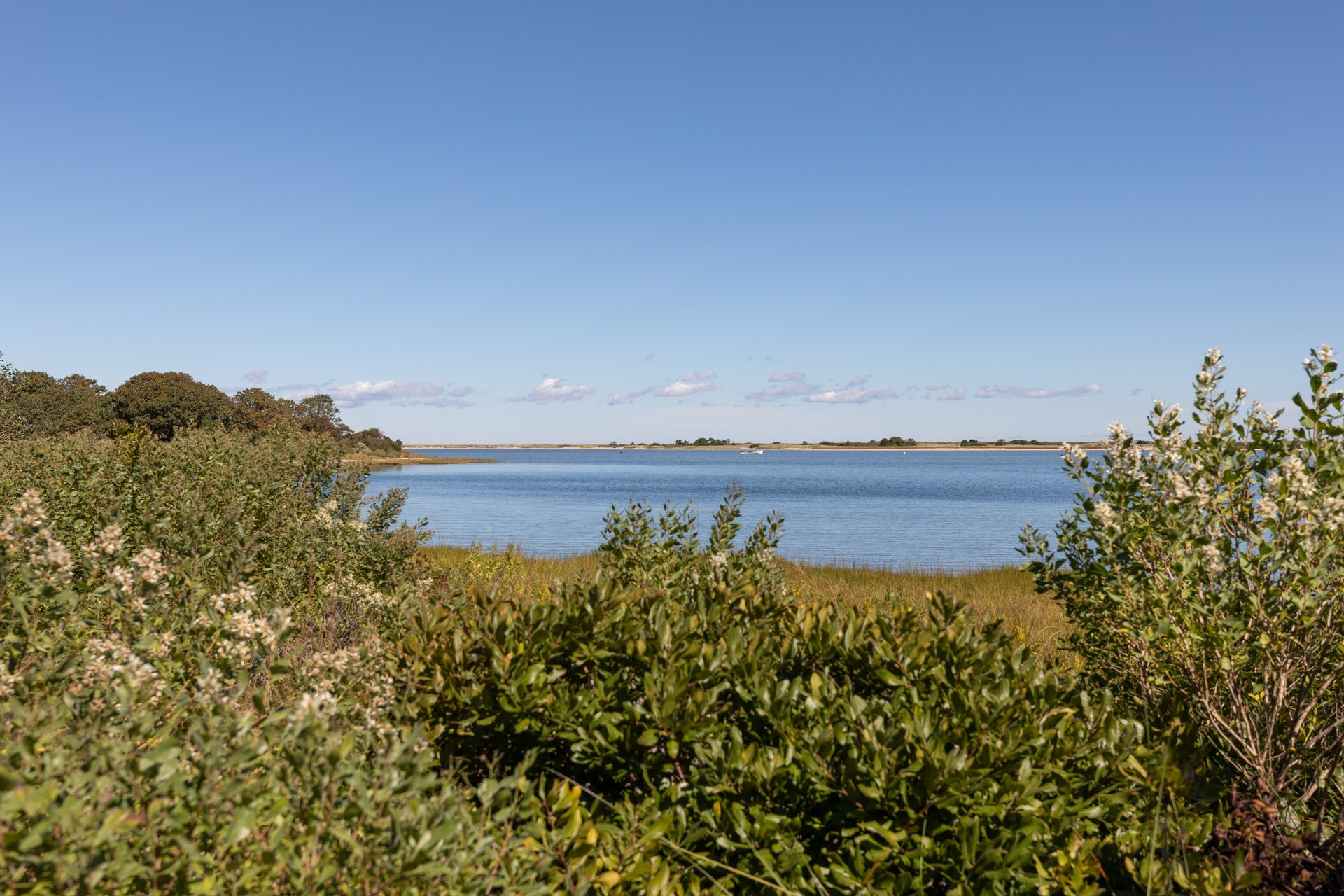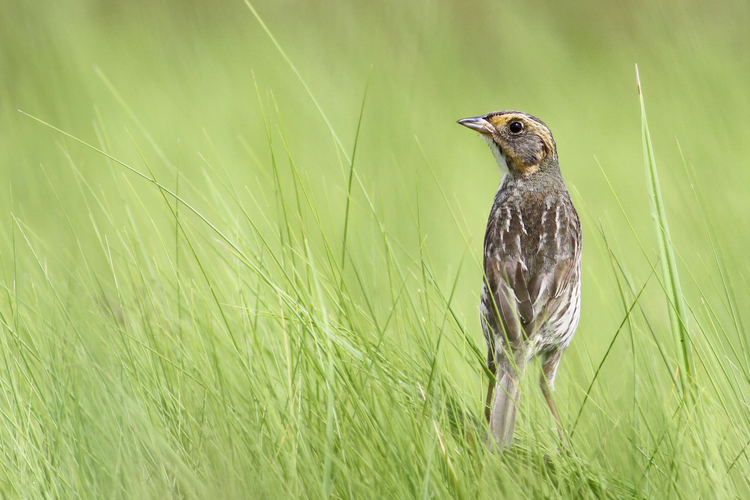Felix Neck Wildlife Sanctuary
Conservation Projects at Felix Neck
At Felix Neck, we do a variety of conservation work, including—but not limited to—osprey monitoring, coastal resilience, and coastal waterbird tracking.
Vineyard Osprey Monitoring
Ospreys are a signature species for Martha’s Vineyard. Yet in 1969, the island had just two pairs of nesting Osprey. The reasons for their critically low numbers were numerous, but a major threat to the species was DDT, a toxic pesticide that weakened the shells of Osprey eggs to the point of failure.
Now, more than 100 nesting pairs of Osprey are found on the island during spring and summer. Intense efforts by Felix Neck staff, researchers, and volunteers have led to their current success.
While much is known about these birds, research and monitoring efforts continue to be necessary to ascertain population trends; install, maintain, and manage nesting platforms; and learn more about their food resources, predation, and migration patterns.
Coastal Waterbird Monitoring
With the help of volunteers, Mass Audubon protects and monitors threatened shorebirds such as Piping Plovers, Least Terns, and American Oystercatchers.
Coastal Resilience Center
Mass Audubon’s Coastal Resilience Program uses climate adaptation and nature-based climate solutions to focus on the protection, management, and restoration of four coastal priority habitats. These habitats include salt marshes, bird breeding islands, beaches, and coastal uplands.
Our goal is to help these habitats cope with, respond to, and prepare for current and future climate change impacts in order to preserve these environments and ecosystem services for both wildlife and people.
Coastal Resilience Centers like Felix Neck showcase the coastal resiliency work of their perspective regions (North Shore, South East, Cape Cod, and Islands). Their purpose is to:
- Educate visitors, community leaders, and policy makers about the climate threats to our coasts and communicate Mass Audubon coastal resiliency efforts.
- Act as living laboratories where new restoration and protection techniques are applied, tested, and analyzed.
- Promote policies and regulatory reforms that expand the application of on-the-ground coastal restoration and management techniques.
- Create opportunities for partners to discuss the latest coastal resilience science and policy.
- Inspire a “Call to Action” to encourage community members to get involved by providing resources and opportunities for engagement.




